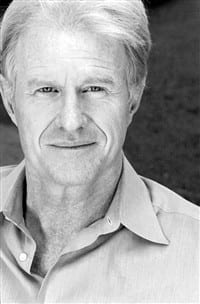Springfield College Program Awarded Continuing Accreditation
SPRINGFIELD — The Springfield College applied exercise science major and clinical exercise physiology graduate program recently were awarded continuing accreditation by the Commission of Accreditation of Allied Health Education
Programs (CAAHEP). Both programs are part of the Springfield
College School of Health, Physical Education, and Recreation (HPER).
“I am excited and proud of our continuing accreditation status for the
undergraduate applied exercise science and graduate clinical exercise
physiology programs,” said HPER Dean Tracey Matthews. “This helps to
reaffirm my own strong belief that both programs prepare students to excel
in exercise science careers.”
With an international reputation as a leader in the field of exercise science,
Springfield College was one of the first institutions in the United States to
develop the applied exercise science major in the late 1980s. The major
emphasizes that physical activity is inextricably linked to good health, and
focuses on a preventing health problems. The curriculum has a strong
science base, including courses in exercise physiology, exercise
prescription for normal and special populations, measurement, nutrition,
and management. Students learn to prescribe exercise programs for a wide
range of populations interested in physical fitness, and to develop,
implement, and interpret fitness and health assessments and maintenance
programs for individuals and groups.
“Our programs have a rich history of providing rigorous and challenging
curricula in addition to outstanding applied fieldwork experiences whether
it be in a clinical, commercial, or corporate setting,” added Matthews.
“Our students are prepared for any of these experiences. This can be
attributed to the outstanding faculty who work with our students in and
outside of the classroom.”
Exercise physiology is the most established branch of the movement
sciences. The exercise physiology graduate program has a long-standing
tradition and prestigious reputation both nationally and internationally.
Within the program, students examine the physiological responses of
various systems to acute and chronic exercise. This includes the study of
neuromuscular function, cardiovascular physiology, the hormonal and
biochemical changes, as well as the thermoregulatory responses,
associated with exercise. Specialty areas such as body composition,
pathophysiology, and sports nutrition also are addressed.


Comments are closed.